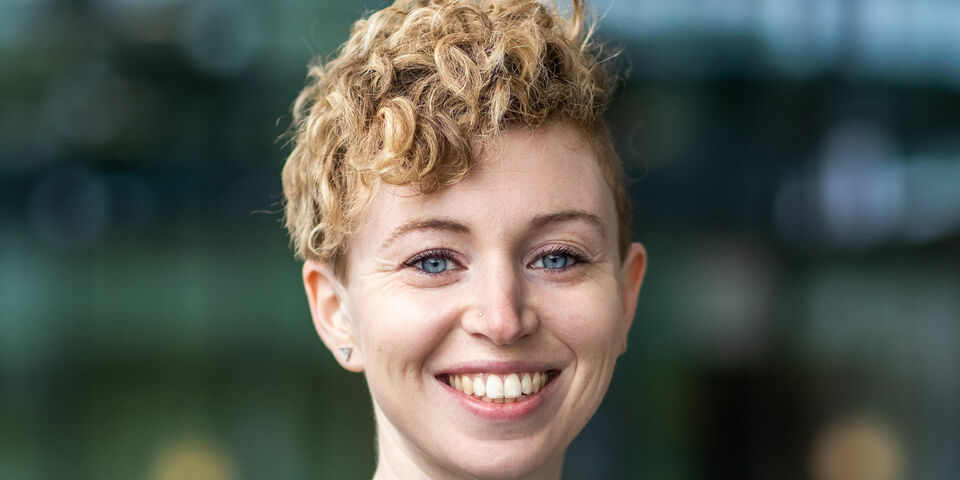Impulse AI research to reduce number of laboratory animals
The National Growth Fund has allocated a subsidy of 124.5 million euros for animal-free biomedical research. As part of this project, TU/e researcher Francesca Grisoni will use a portion of the funds for the development of molecular AI technology to aid research into potential new drugs for cystic fibrosis.
The National Growth Fund's subsidy is earmarked for the new Center for Animal-Free Biomedical Translation (CPBT). This involves a large number of knowledge institutions, including Utrecht University and the Dutch National Institute for Public Health and the Environment (RIVM).Grisoni heads the Molecular Machine Learning team at the Department of Biomedical Engineering, which also contributes to the research program.
In collaboration with Jeffrey Beekman, professor of Cellular Disease Models at UMC Utrecht, Grisoni will develop several innovative technologies that should significantly reduce the use of laboratory animals for drug research. “Using new Machine Learning algorithms, we can predict properties of untested molecules that could potentially be deployed as new drugs.” Currently, this is often done on the basis of extensive animal studies. As part of the collaborative effort with Beekman’s research group, the TU/e researcher plans to develop a new “methodological ecosystem” that will have a dual effect: faster and more accurate identification of potential drugs, and fewer laboratory animals being used in the process.
The models Grisoni is developing should enable large-scale molecular screening, ensuring that the most interesting molecules can be studied first in follow-up research. On the one hand, this will allow researchers to obtain earlier insight into the success rate of new drugs, and on the other hand, it should help reduce the high attrition rate of candidate drugs.
Mini-organs
Mini-organs – also known as organoids – developed in the lab by Beekman and his colleagues at UMC Utrecht will be used for this purpose. By using stem cells from cystic fibrosis (CF) patients, they can grow these organoids that can provide insight into personalized treatment, explains Grisoni. “The mini-organs are a perfect system to simulate what happens when a drug enters the human body. At the same time, molecular AI could bring to light billions of interesting molecules. I expect the combined approach of organoids and AI to lead to spectacular opportunities in the search for new drugs, with a stronger focus on the patient’s needs.”
According to Grisoni, this approach has already proved to be effective in drug development for CF, but they would like to expand the application to other diseases in the future. “Especially in combination with other in silico – with computer simulations, Ed. – alternatives, this allows us to develop new drugs close to the patient while simultaneously drastically reducing the use of laboratory animals.”
The current collaboration between Grisoni and Beekman is a continuation of research into animal-free drug development methods that was initiated after Grisoni was awarded the Lush prize in 2022.


Discussion